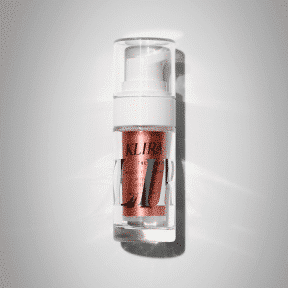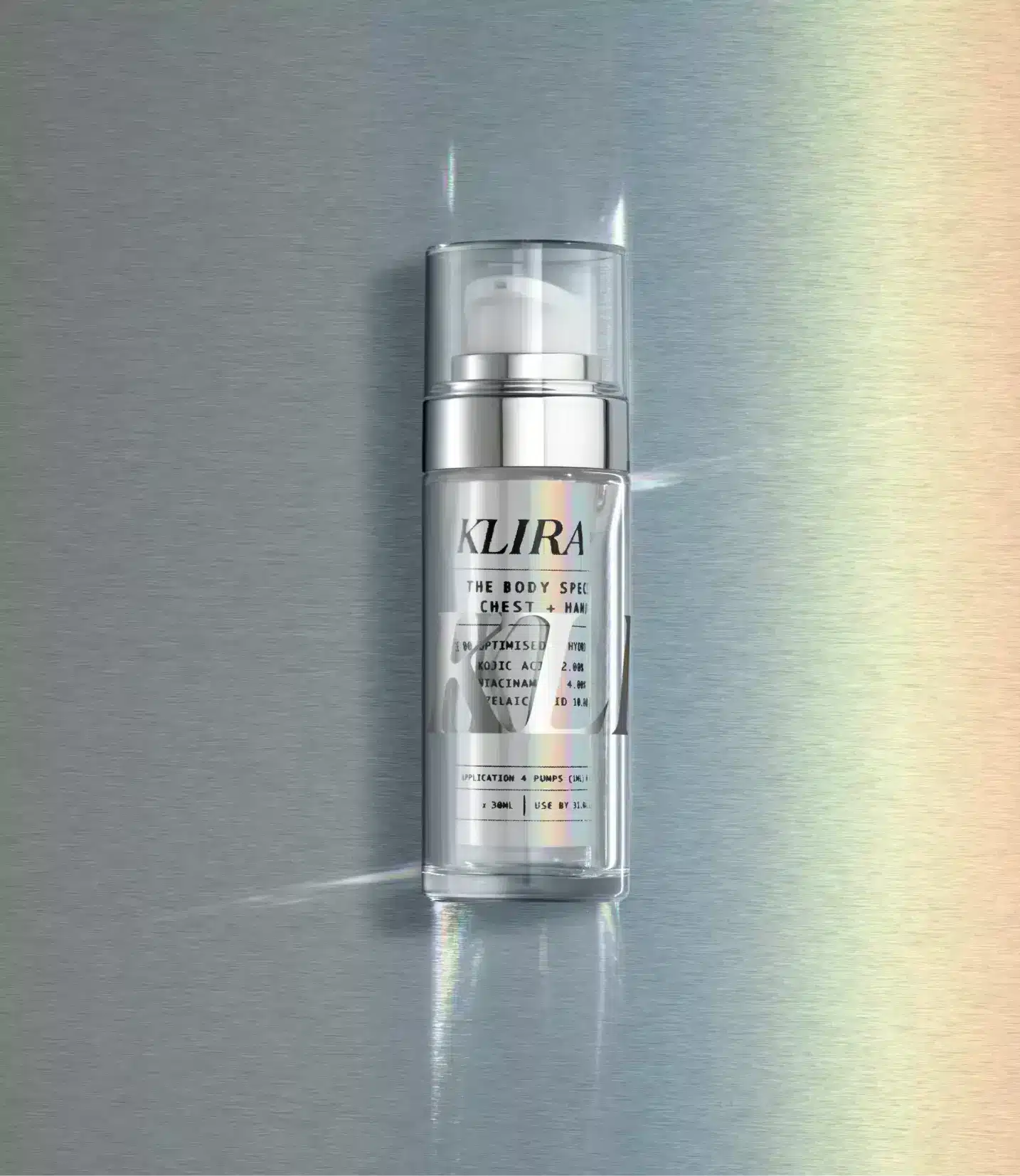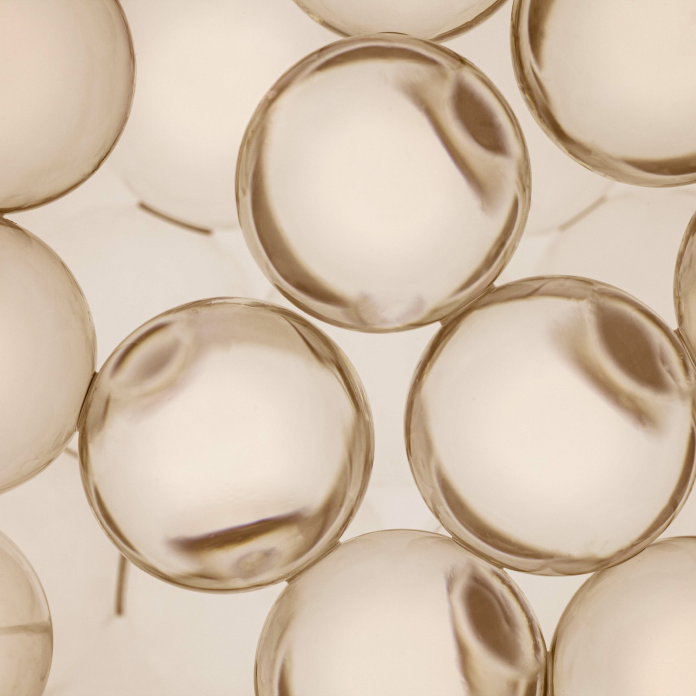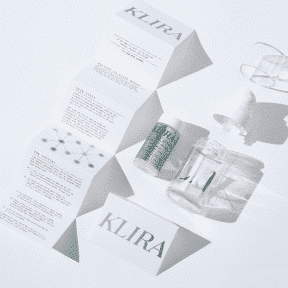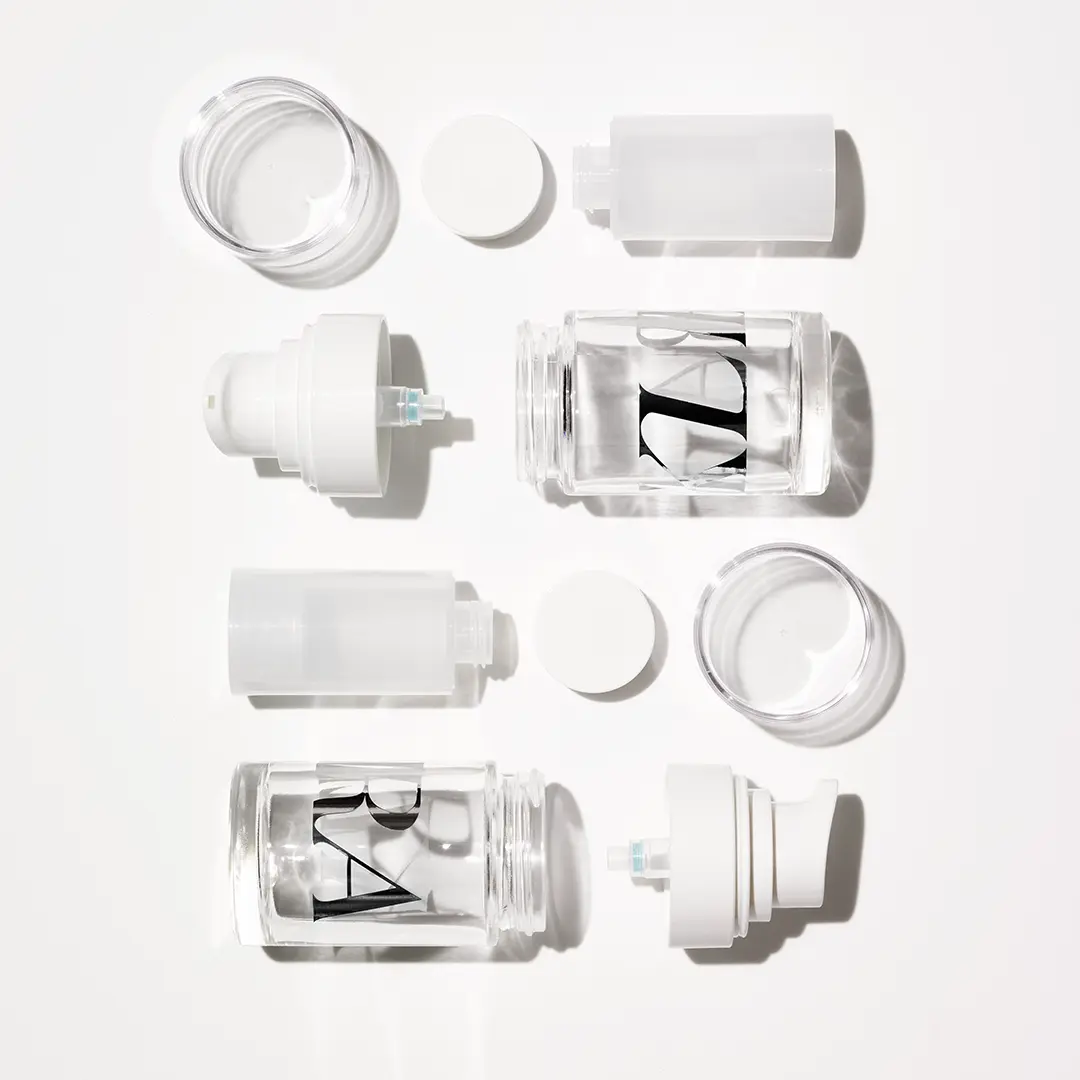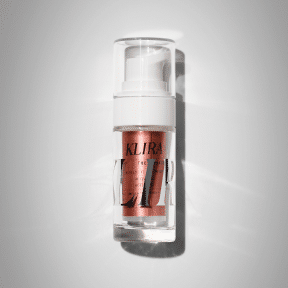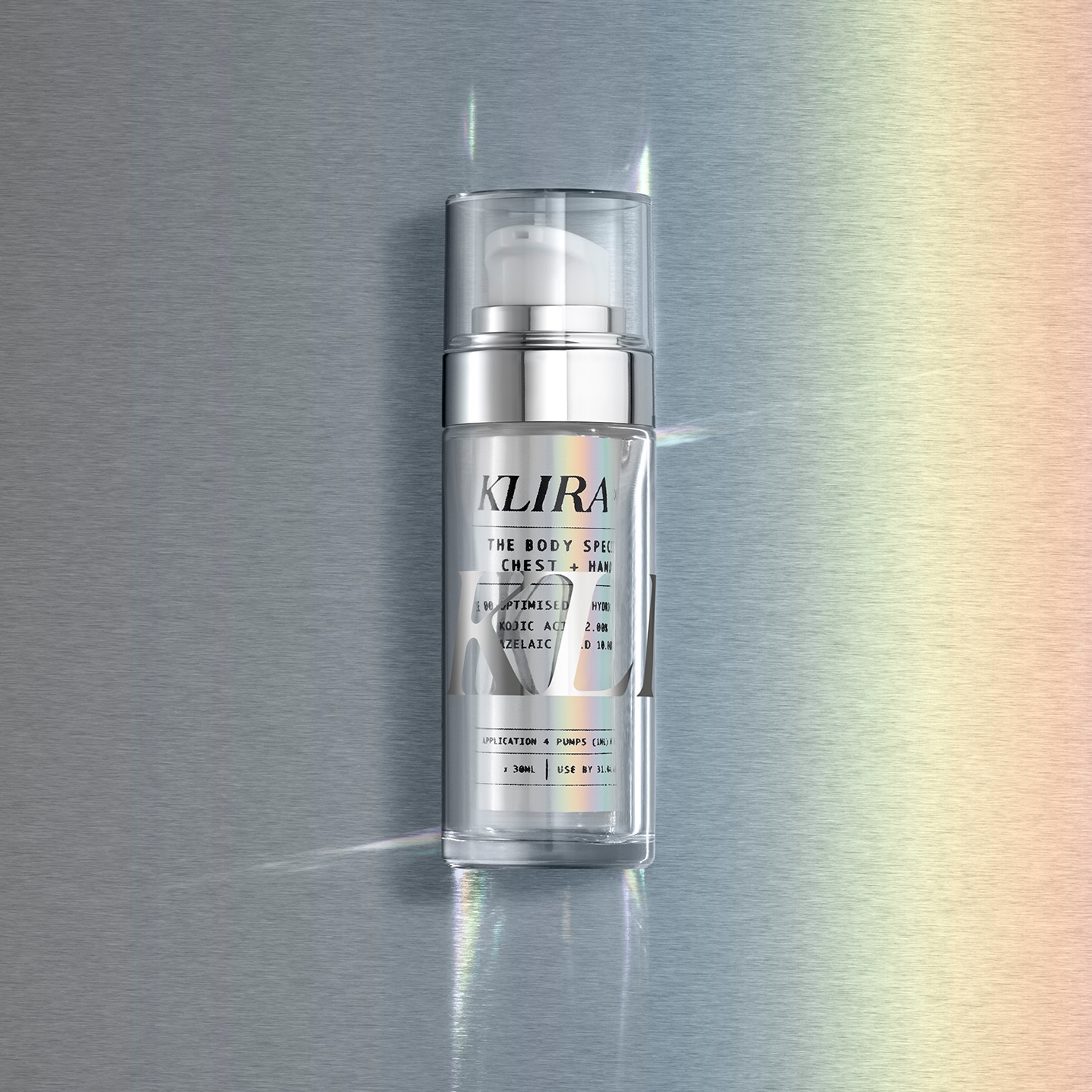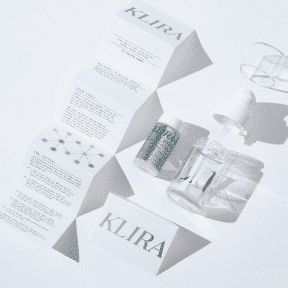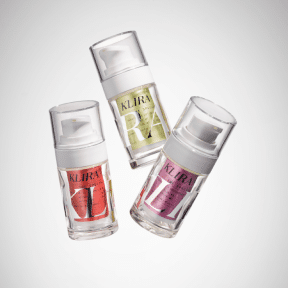The beauty industry has plenty to say about addressing midlife skin concerns. In recent years, there’s been a surge in products that claim to fix symptoms associated with perimenopause and menopause.
It’s natural for our skin to change over time. But this doesn’t always mean we need to revamp our skincare routines.
We’re going to shed light on the skin changes you can expect during this transformative stage – and why ‘menopause-specific’ products are no silver bullet.
Understanding the menopause and your skin
Perimenopause and menopause affect skin just as they do every other part of your body. Oestrogen plays a vital role in maintaining healthy skin. It stimulates the production of oils and hydrating substances like ceramides, sebum, and hyaluronic acid, which protect and moisturise the skin.
As oestrogen levels decline, skin becomes less capable of retaining moisture. This leads to the common skincare concerns of midlife: dryness, flakiness, and compromised skin barrier integrity. Additionally, the reduction in collagen production may result in the appearance of fine lines and wrinkles.
Menopause affects everyone differently. While many women experience dry skin, others will find sudden oiliness and acne. A drop in oestrogen levels leads to a relatively higher ratio of male hormones – which can trigger flare-ups.
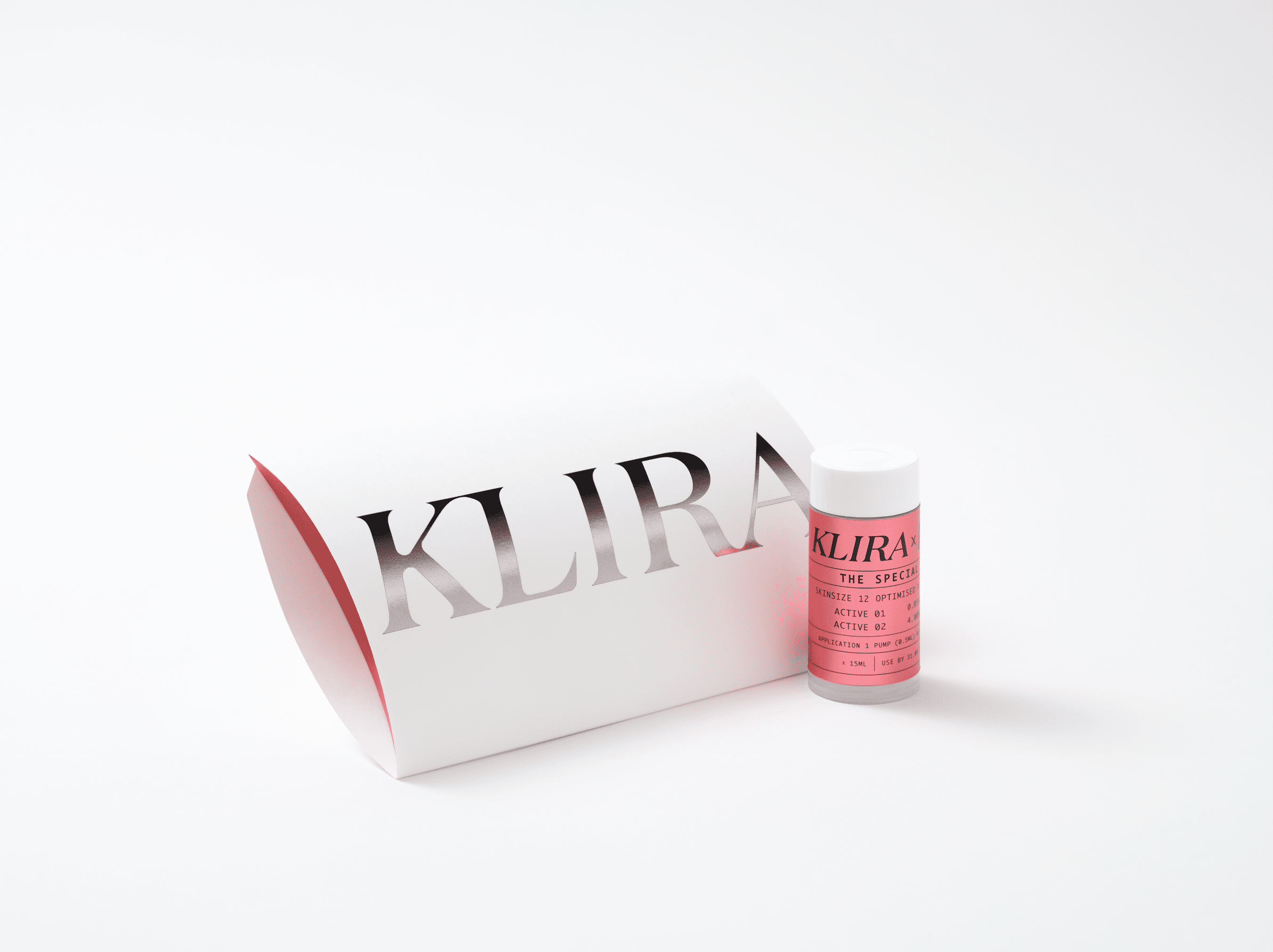
Skin beyond the face
Skin is your largest organ, and what’s on your face makes up about 3% of it. The rest of your skin is equally affected by menopause.
Areas like the hands, lower legs, back, and genitals can experience changes during this stage. Ageing skin becomes more fragile, which is exacerbated by lowered oestrogen. Over time, you could become more prone to bruising, and notice that wounds heal more slowly.
Do I need skincare products specific to menopause?
Products marketed for ‘menopausal skin’ are everywhere these days. Despite skin changes during menopause, we can assure you that any radical skincare reinvention isn’t needed. Menopause is not a skin type!
You may want to consider small changes to boost collagen or reduce some signs ageing. In that case, bespoke skincare like the Klira Special may help.
The key is ingredients, not marketing. Stay focused on products’ active ingredients, and what benefits they offer, to complement what you’re already using.
Klira offers a personalised skincare approach to, with precise prescription formulations tailored to your skin’s unique needs. Our advanced SkinSize™ test and dermatology team help create a custom skincare regimen to promote optimal skin health, regardless of your life stage.
Our Dermatology Team will review your SkinSize™ Analysis, medical information, and photos to decide which ingredients you will receive in your bespoke formula.
Emma Craythorne is a Consultant Dermatologist, Trustee for the Cosmetic Practice Standards Authority and ex-President of the British Cosmetic Dermatology Group. Dr Emma is well known for her TV series – The Bad Skin Clinic – her renowned private practice, and NHS work.
- Dr Emma Craythornehttps://klira.skin/author/sherman-gallie/
- Dr Emma Craythornehttps://klira.skin/author/sherman-gallie/
- Dr Emma Craythornehttps://klira.skin/author/sherman-gallie/
- Dr Emma Craythornehttps://klira.skin/author/sherman-gallie/

